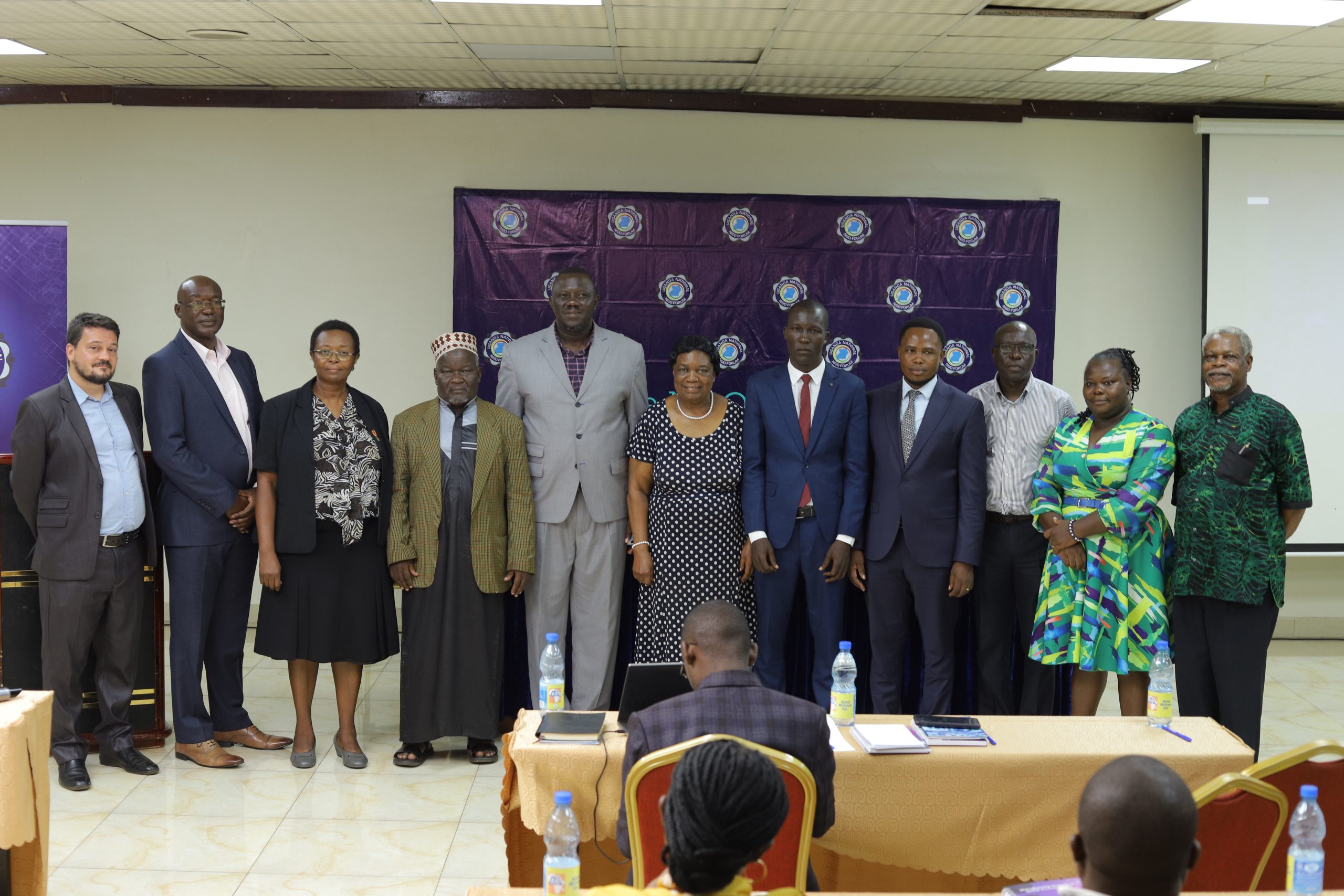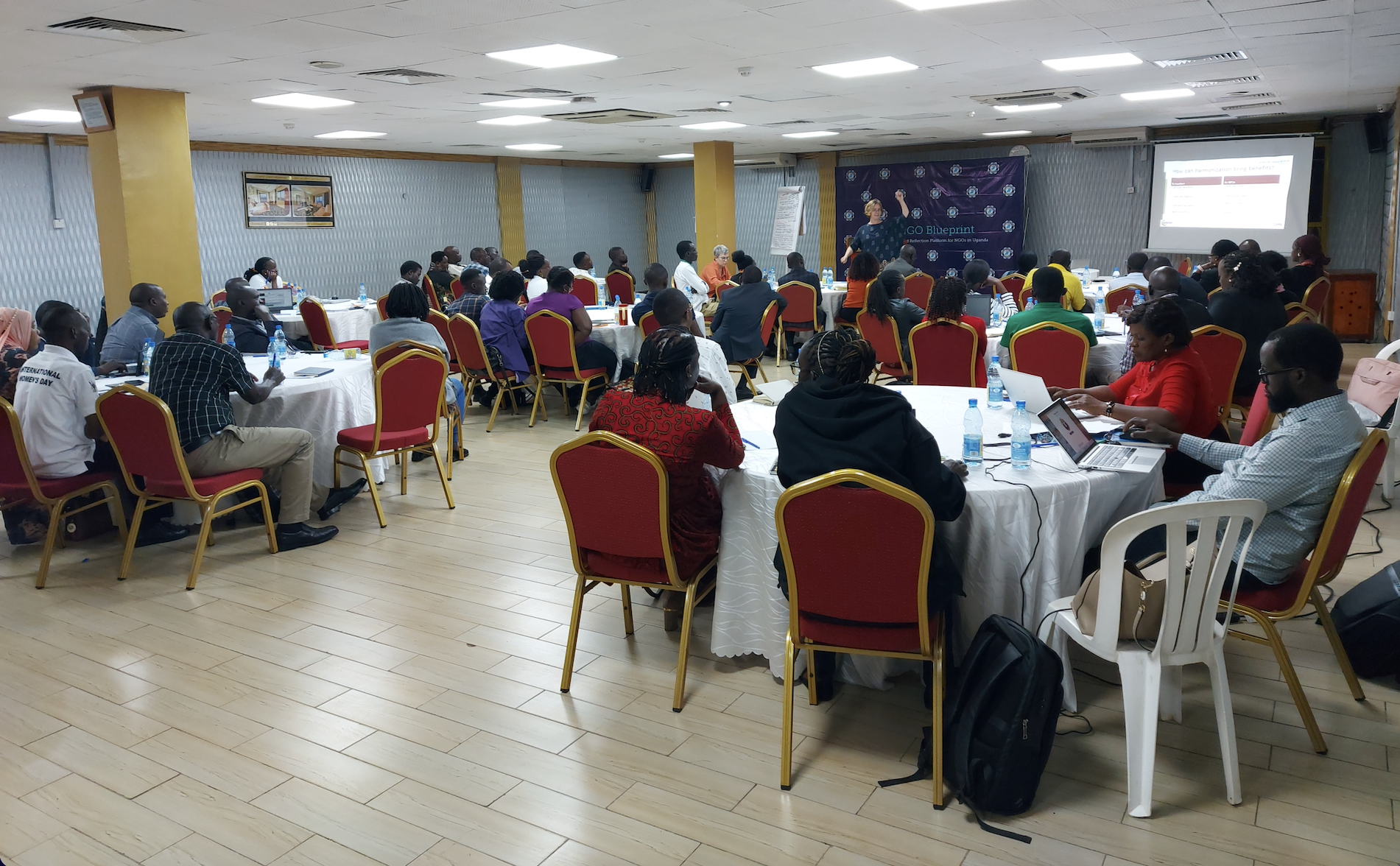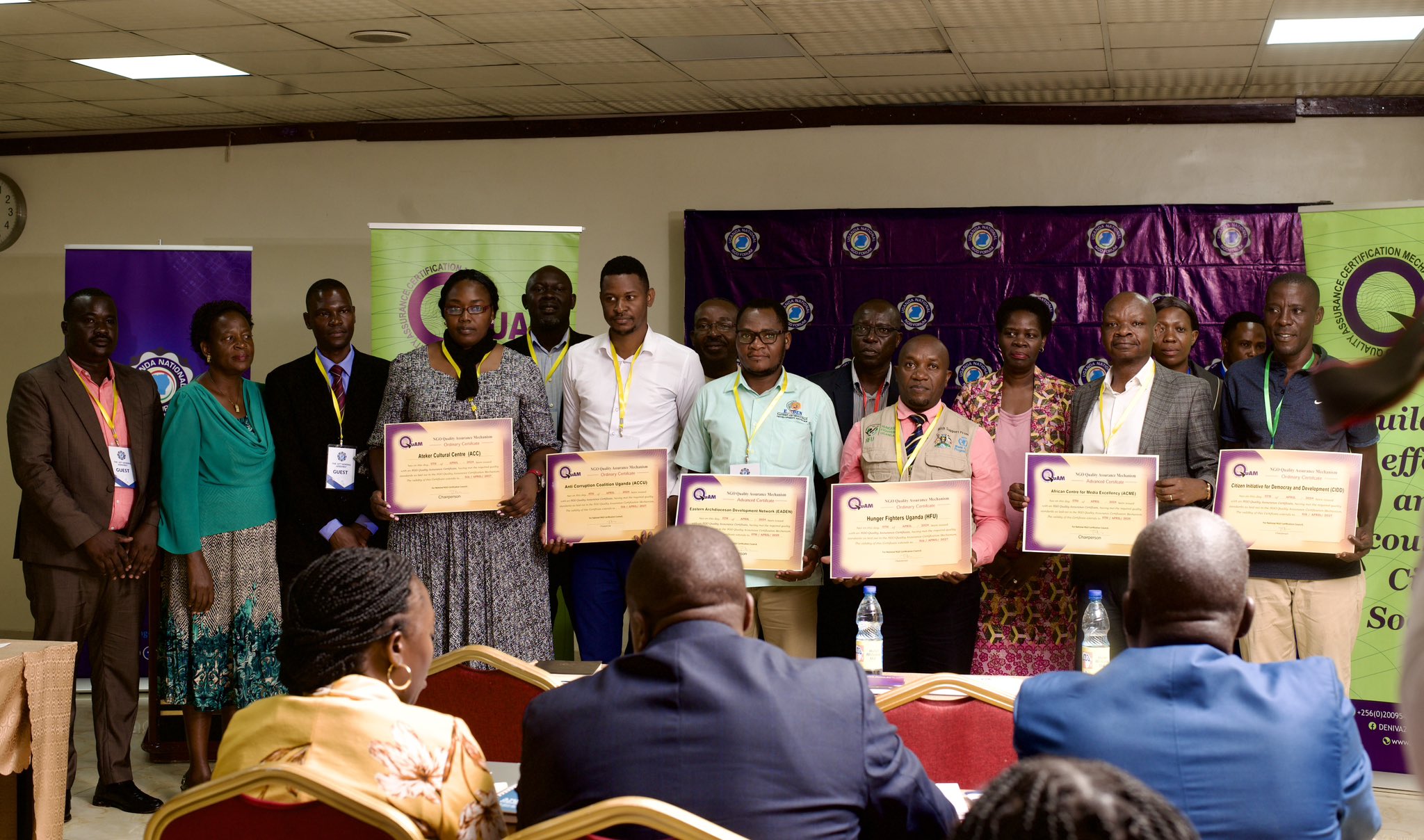CSOs Urge Government to Fund Social Protection Platform
The Uganda National NGO Forum in collaboration with the Uganda Social Protection Platform held a national public dialogue under the theme ‘Social Protection: towards a more inclusive growth strategy for Uganda’. The dialogue will provide a platform to discuss the rationale, potential and challenges of establishing a comprehensive social protection system in Uganda that will ensure every individual can contribute to and benefit from Uganda’s socioeconomic transformation in line with Uganda’s Vision 2040.
The one day dialogue held on Thursday 23rd April at the Victoria Ballroom, Kampala Serena Hotel was attended by 300 people from several walks of life that fronted the need for social protection and its advantages to development.
The Guest speaker, Prof. Michael Samsonfrom the Economic Policy Research Institute, Cape Town, South Africa presented ‘An investment case for social protection in a national growth and development strategy.” His strategy presented six multi-dimensional impacts of social protection as poverty reduction, human capital development, livelihoods improvement, risk management, social cohesion, and economic resilience which enable the state to grow the pro-poor and have better calculated investments.
Mr. Stephen Kasaija, Ministry of Gender, Labour and Social Development, presented ‘Experiences, lessons and imperative for establishment of a comprehensive social protection system in Uganda – The case of the SAGE programme.’
Over the last 5 years, the Ministry of Gender Labour and Social Development (MGLSD) with support from DFID, Irish AID and UNICEF have been implementing the Expanding Social Protection Programme. A core part of this programme is the Social Assistance Grant for Empowerment (SAGE) pilot scheme in 15 districts through which the MGLSD provides monthly cash grants of UShs. 25,000. SAGE currently reaches over 110,000 beneficiaries and registered enormous social and economic benefits. The current phase of the SAGE pilot programme will come to a close in June 2015.
Mr. Kasaija pointed out improvement in access to health services, improved food security, uptake of education services and improved participation and social inclusion especially for older wmen as a result of the SAGE programme.
“If I didn’t get that UGX 25,000 [about US$9/month], I would never have dreamt of owning these livestock. I would never have joined these groups. How would that have happened?” said Joyce Mary Adeke, a 71 year old widow in Moru village, Katakwi district
The new SAGE needs UGX 33.7bn in order to roll out to National level. The designed national rollout social protection framework recognises that for less risks to SAGE beneficiaries, certain policies on agriculture, health, education and finance need to be addressed.
This dialogue is open to representatives from government, religious leaders, business community, academia, media, civil society and the general public.



